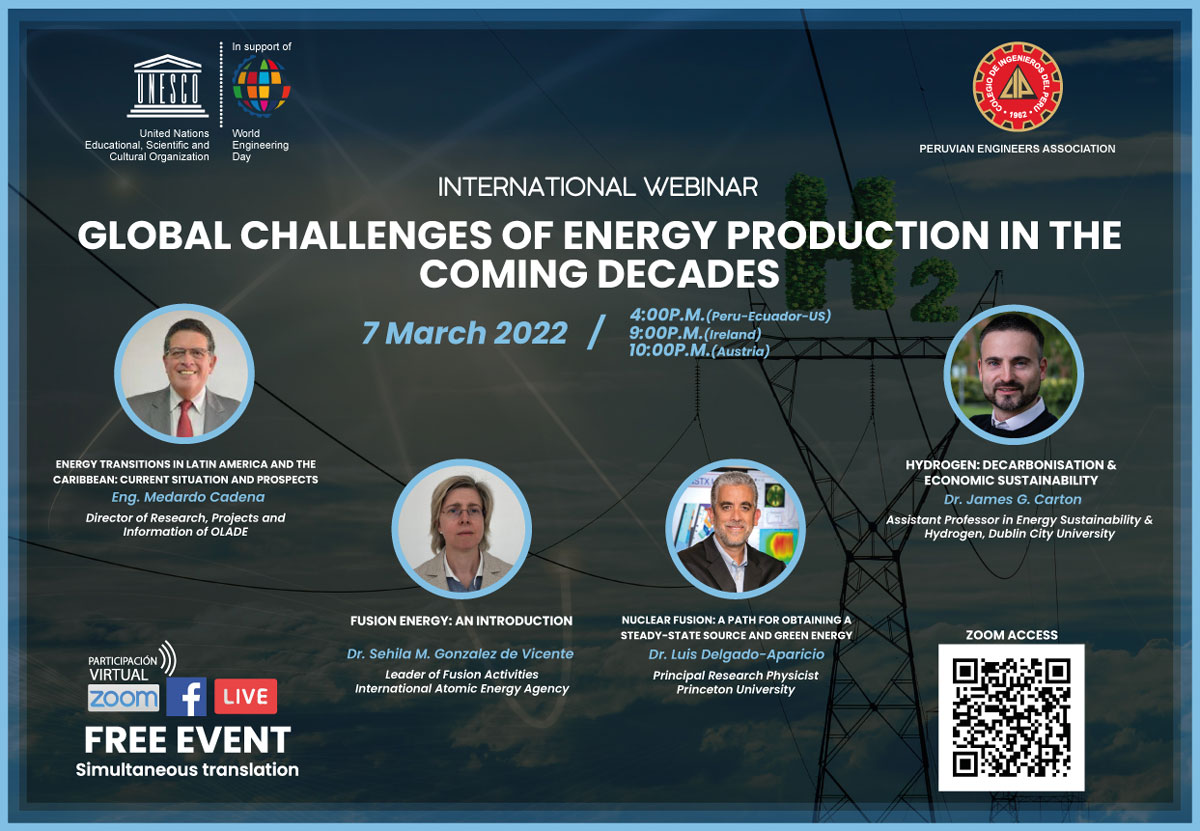
WORLD ENGINEERING DAY FOR SUSTAINABLE DEVELOPMENT is a date proclaimed by UNESCO since 2020 to highlight the achievements of engineers and engineering in our modern world every 4 March and to improve public understanding of how engineering and technology are central to contributing to improved living conditions and sustainable development.
In the framework of this celebration, the Peruvian Engineers Association (CIP) is organising the international webinar «THE GLOBAL CHALLENGES OF POWER GENERATION IN THE NEXT DECADES», to be held on Monday, 7 March, at 16:00h, Lima, Peru time.
The most important and probably the most complex challenge to be resolved in order to contain the impacts of the global ecological crisis and tackle climate change is the decarbonisation of a global economy that has developed over the last two centuries using fossil fuels. On the road to the dreamed energy transition, many countries are betting on the development and incorporation of less polluting and more reliable energies in terms of supply, in their energy matrixes. In this context, this important event has brought together leading specialists to present and discuss the state of the art of nuclear fusion energy and green hydrogen, which have emerged in recent years as promising technological options.
The event will be conducted in Spanish and English, with simultaneous translation.
Our Speakers
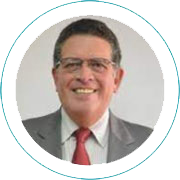
Ing. José Medardo Cadena Mosquera |
Energy Transitions in Latin America and the Caribbean: Current situation and perspectives |
|
Latin America is a privileged region in terms of the availability of energy resources, but very heterogeneous in their distribution. With the need to develop increasingly sustainable and low-carbon energy matrices, the countries of the region are aiming at a transition of their energy systems according to their individual realities, which are very diverse. The presentation aims to showcase the current situation and the region’s progress in the incorporation of renewable energies, complemented by a forward-looking analysis showing the additional efforts required to achieve the established goals. |
|
|
Director of Studies, Projects and Information of the Latin American Energy Organisation (OLADE). He is an electrical engineer from the Escuela Politécnica Nacional de Quito and has been a senior lecturer there for 37 years. He has a Master’s degree in Business (IDE Business School) and postgraduate studies in Public Services Regulation and Regulatory Economics. He has extensive experience in public policy, planning, regulation and administration in the electricity and energy sector. He has been Minister of Electricity and Renewable Energy, Deputy Minister of Energy, Undersecretary of Project Management and Undersecretary of Planning. He chaired the Boards of Directors of Corporación Eléctrica del Ecuador, Corporación Nacional de Electricidad and Empresa Eléctrica Quito S.A. He led processes of energy efficiency, incorporation of renewable energies, universal access to energy and decarbonisation of the energy matrix in the Republic of Ecuador. |
|
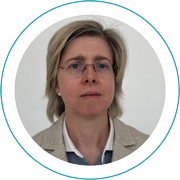
Dra. Sehila Gonzalez de Vicente |
Fusion Energy: An introduction |
|
Fusion reaction produces energy and this this well known since a century ago. Physical principles are also known but to be able to recreate the reaction in a way that allows extraction of net energy remains a challenge. With the construction of the International Project ITER and the rest of the worldwide fusion programmes and initiatives great progress is being done. Fusion is transitioning from a fusion science activity to one aimed at producing fusion energy on an industrial, power plant scale. In this talk an overview about fusion main principles and current status is given. |
|
|
Currently leading the Fusion Activities at the International Atomic Energy Agency as Nuclear Fusion Physicist. Before joining IAEA, she was manager of the Fusion Materials development programme at EFDA (European Fusion Development Agreement) / Eurofusion, in Garching bei Munchen (Germany). In addition, she was appointed European Technical Coordinator of the International Fusion Energy Research Centre (IFERC) project between Europe and Japan as well as member of the Karlsruhe Institute of Technology (KIT) scientific advisory board in the research field of Energy and the UK Fusion Technical Advisory Group. More the 40 publication in the Fusion Field. |
|
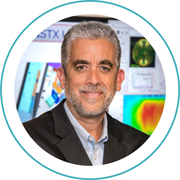
Dr. Luis Felipe Delgado-Aparicio Villarán |
Nuclear fusion: a path for obtaining a steady-state source and green energy |
|
Nuclear fusion reactions are daily obtained in experiments conducted in national laboratories and universities worldwide; magnetically or inertially confined as well as innovative concepts are being explored. With the construction of the JT60SA and ITER projects the scientific community is aiming to close the gap between science experiments to the realization of injecting energy in the grid. In this talk we will review the basic principles, the challenges and current status of public and private endeavors. |
|
|
A native of Lima-Peru, Luis Felipe Delgado-Aparicio Villaran earned a bachelor and licentiate degrees in physics from the Pontificia Universidad Catolica del Peru in 1997, and a master’s degree in Astrophysics from Princeton University in 2001. He obtained a second master’s in physics from The Johns Hopkins University (JHU) and received his PhD in physics also from JHU in 2007 though most of his nuclear fusion work was carried out at the NSTX reactor at the Princeton Plasma Physics Laboratory (PPPL). Luis Felipe became a scientist at JHU right away, but was soon recruited by Princeton University in 2009 to spend four years as a visiting scientist at The Plasma Science and Fusion Center (PSFC) at the Massachusetts Institute of Technology (MIT) in Cambridge, MA. Since his return to Princeton in 2013, Luis Felipe has won few awards in plasma physics and nuclear fusion including the Department of Energy (DOE) Early Career Award in 2015, the General Atomics Torkil Jensen Award in 2016, the President’s International Fellowship Initiative (PIFI) award from the Chinese Academy of Sciences (CAS) in 2018 and a Measurement Innovation Award from DOE also in 2018. Luis Felipe has led experiments at the four major fusion experiments in the USA (NSTX, C-Mod, DIII-D and MST), and designs and builds nuclear fusion diagnostics for universities and national laboratories in the USA, China, France, Japan, and the international community at ITER. He has written and published more than 140 scientific articles having more than 1700 citations. Luis Felipe lives in Princeton, NJ with his family. |
|
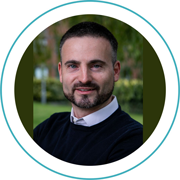
Dr. James G. Carton |
Hydrogen: Decarbonisation & Economic Sustainability |
|
Our planet is in peril; climate change, biodiversity loss, environmental destruction and contamination; all inextricably linked to unsustainable human behaviour. Energy consumption & use is a major contributor to the problem and we must transition with haste to more sustainable energy, food and waste systems. In regions & countries with true sustainable natural resources such as ocean, wind and sun the future is bright, clean & healthy. Peru is one of these special locations. This talk will present the renewable energy options incorporating green hydrogen and the strategy that government, business & professional engineers can develop to ensure clean, sustainable energy supply for their people. |
|
| Dr James Carton is Assistant Professor in Sustainable Energy in Dublin City University, Ireland. Dr Carton’s research focus is energy sustainability & green Hydrogen deployment through techno-economic modelling, Power-to-X and renewable energy storage research. Dr Carton is founder of Hydrogen Ireland Association, academic advisor to Hydrogen Mobility Ireland & hydrogen expert to the United Nations-ECE. Dr Carton is Principal Lead of «HyLight» a 25-industry partner & government of Ireland funded project with the Irish Marine Renewable energy institute to investigate the role of hydrogen to support decarbonisation on the island of Ireland. |

